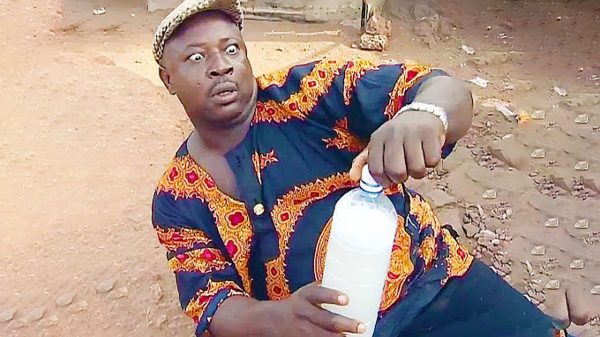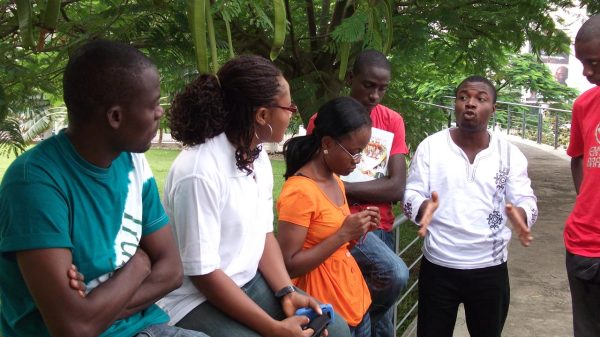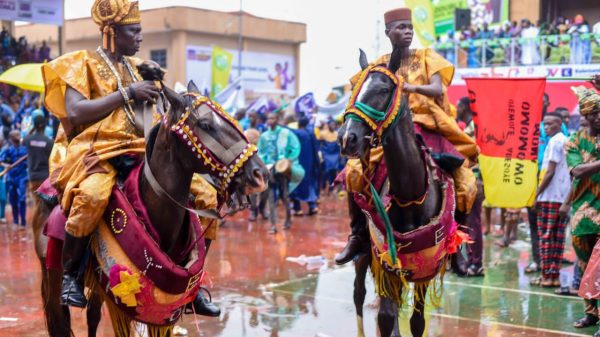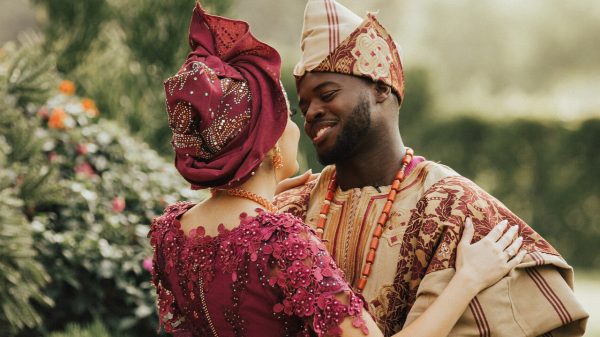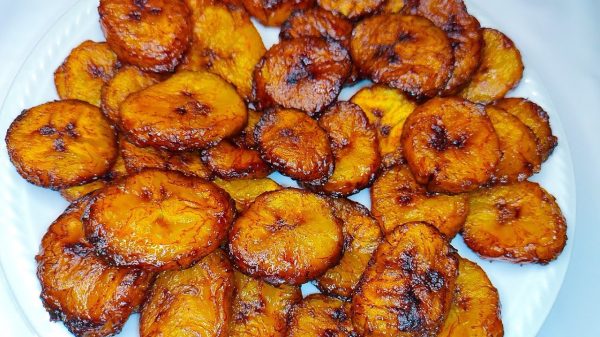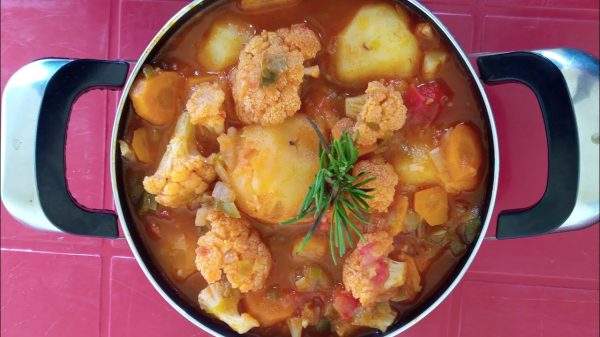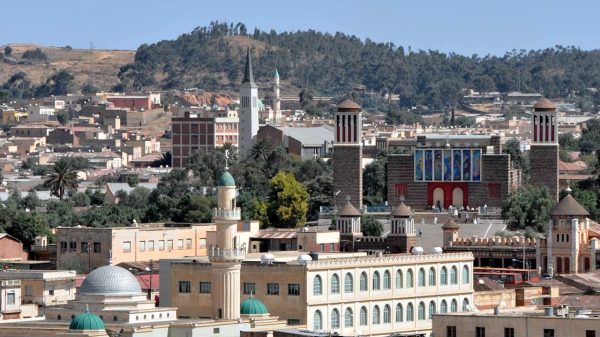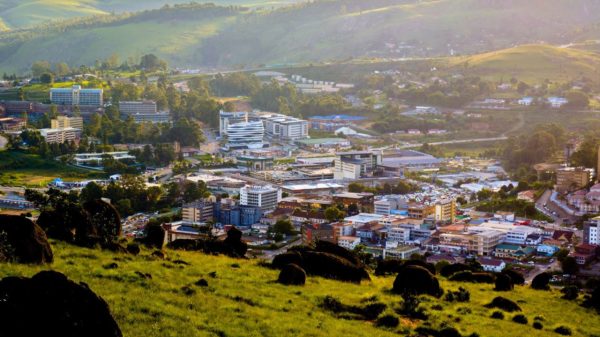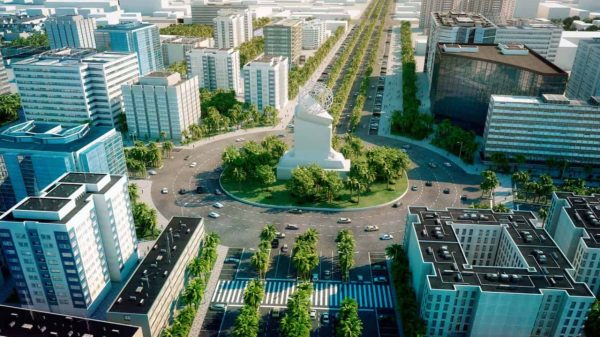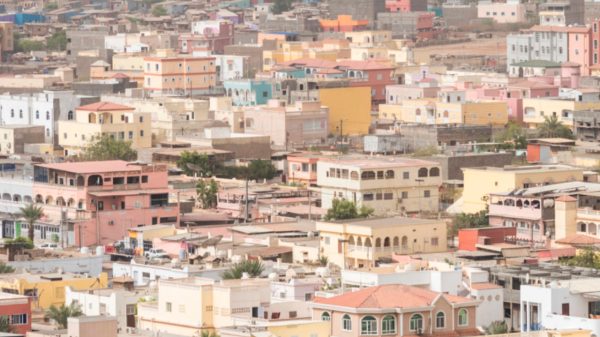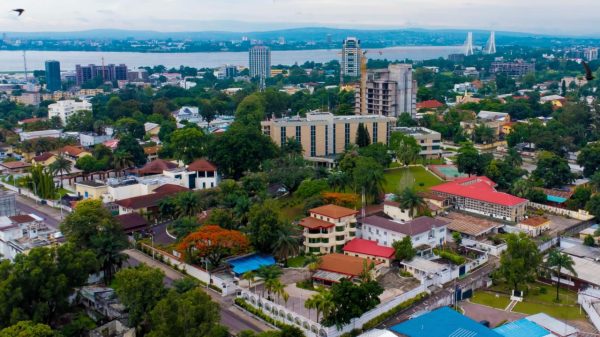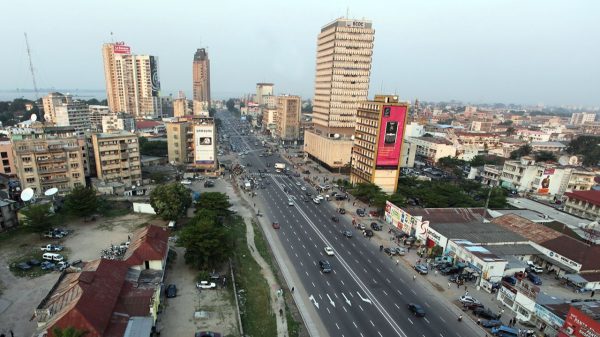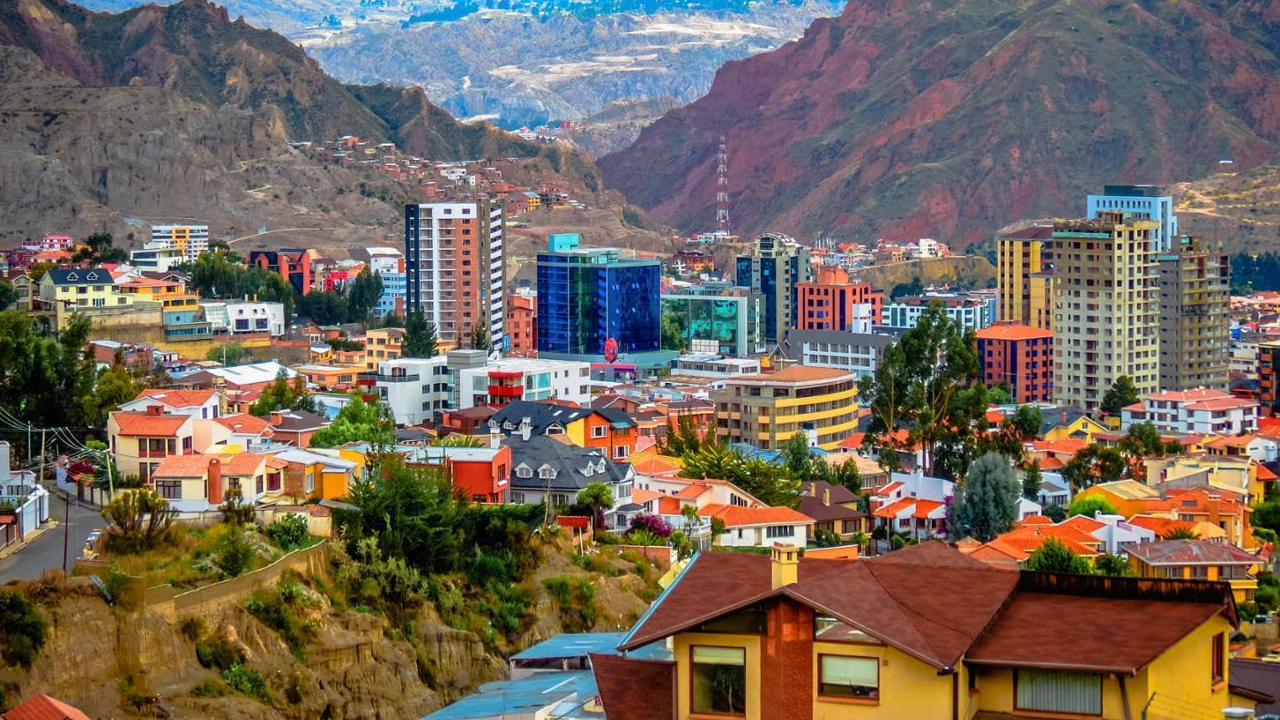Burundi, a small landlocked nation in East Africa, often flies under the radar, yet it holds a wealth of fascinating characteristics.
From its unique geographical significance as a potential source of the Nile River to its vibrant cultural heritage shaped by the Hutu, Tutsi, and Twa communities, Burundi offers a captivating glimpse into the heart of Africa. Despite facing historical challenges and being one of the most densely populated countries on the continent, its rich biodiversity and the enduring spirit of its people make it a truly interesting place.
1. Gustave: The Legendary Man-Eating Crocodile
Burundi is home to one of the most infamous crocodiles in history—Gustave, a massive Nile crocodile believed to be over 18 feet (5.5 meters) long and weighing around 2,000 pounds (907 kilograms). Gustave is rumored to have killed more than 300 people along the banks of the Ruzizi River and the northern shores of Lake Tanganyika. Despite numerous attempts to capture him, Gustave has evaded all traps and remains a subject of local legend and international intrigue.
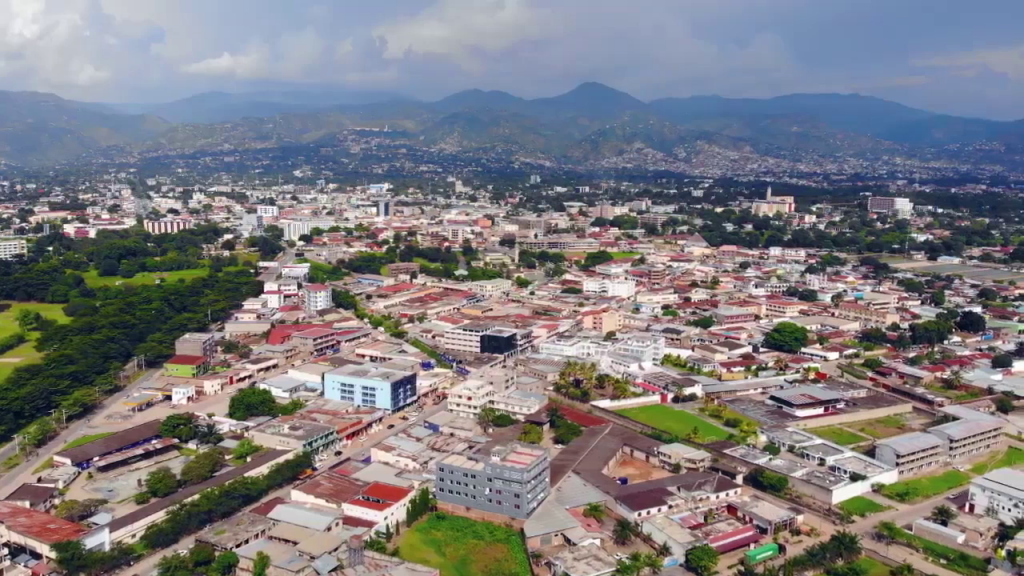
2. Venuste Niyongabo: Olympic Gold Medalist
In the 1996 Atlanta Olympics, Venuste Niyongabo made history by winning the gold medal in the 5,000 meters race, becoming Burundi’s first Olympic medalist. Remarkably, he had initially qualified for the 1,500 meters but gave up his spot to a teammate and chose to compete in the 5,000 meters instead. His victory was not only a personal triumph but also a significant achievement for Burundi, marking its presence on the global athletic stage.
3. Lake Tanganyika: A Natural Wonder
Lake Tanganyika, bordering Burundi, is the world’s longest freshwater lake, stretching approximately 673 kilometers (418 miles). It is also the second deepest, reaching depths of about 1,470 meters (4,823 feet), and holds the second-largest volume of fresh water globally. The lake is a vital resource for the region, supporting fishing industries and providing transportation routes, while also being home to unique biodiversity.
4. Gitega: The New Capital City
In 2019, Burundi officially moved its capital from Bujumbura to Gitega, aiming to centralize governance and promote development in the interior regions. Gitega, with a population of around 120,000, is more centrally located than Bujumbura and holds historical significance as a former royal capital. The relocation reflects the government’s efforts to balance regional development and administrative efficiency.
5. Avocado Farming Revolution
Burundian avocado farmers have significantly increased their earnings by forming cooperatives and negotiating better prices. The price per kilogram of avocados rose from $0.10 to $0.70, thanks to collective bargaining and government support. The Green Gold Burundi cooperative, representing 200,000 farmers, has been instrumental in this transformation, ensuring fair trade practices and boosting the country’s agricultural exports.
6. Akazehe: A Vanishing Cultural Tradition
Akazehe is a traditional melodic greeting among Burundian women, involving a unique form of yodeling to exchange pleasantries and affirm social bonds. However, this practice is at risk of disappearing due to modernization and public health measures discouraging close contact. Efforts are underway to preserve this cultural heritage, recognizing its role in fostering community cohesion and emotional support.
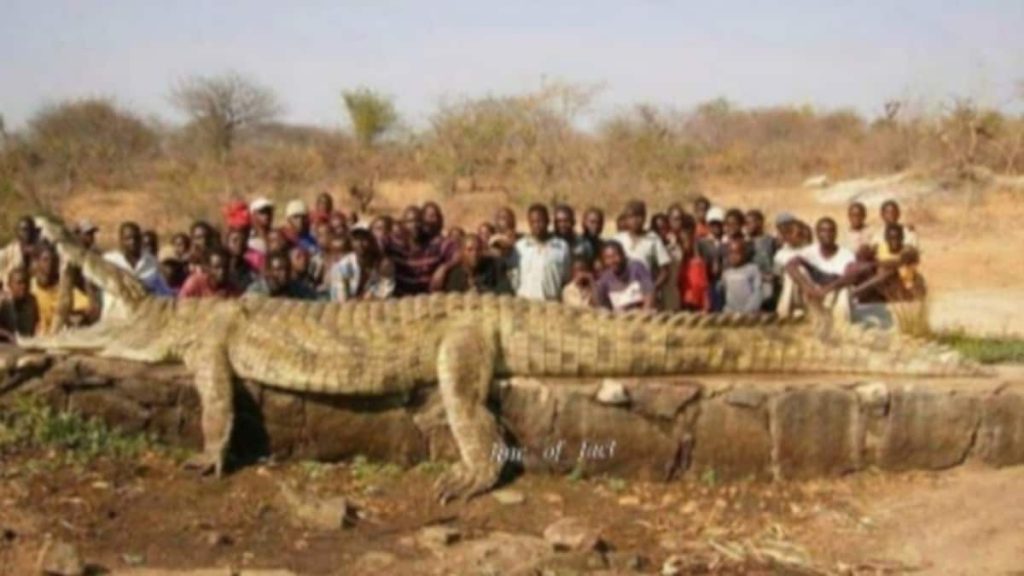
7. Deforestation and Environmental Challenges
Burundi faces significant environmental issues, including extensive deforestation driven by overpopulation and reliance on subsistence agriculture. With a population density of approximately 315 people per square kilometer, the country has seen its forest cover diminish drastically, leading to soil erosion and habitat loss. Sustainable land management practices are crucial to address these ecological concerns.
8. Unique Language Landscape
Burundi is distinctive in having Kirundi as a national language spoken by the vast majority of its population, fostering a strong sense of national identity. French and English are also official languages, reflecting the country’s colonial history and international engagement. This linguistic unity through Kirundi plays a vital role in national cohesion and communication.
Subscribe to our Newsletter
Stay updated with the latest trends in African Pop Culture!

